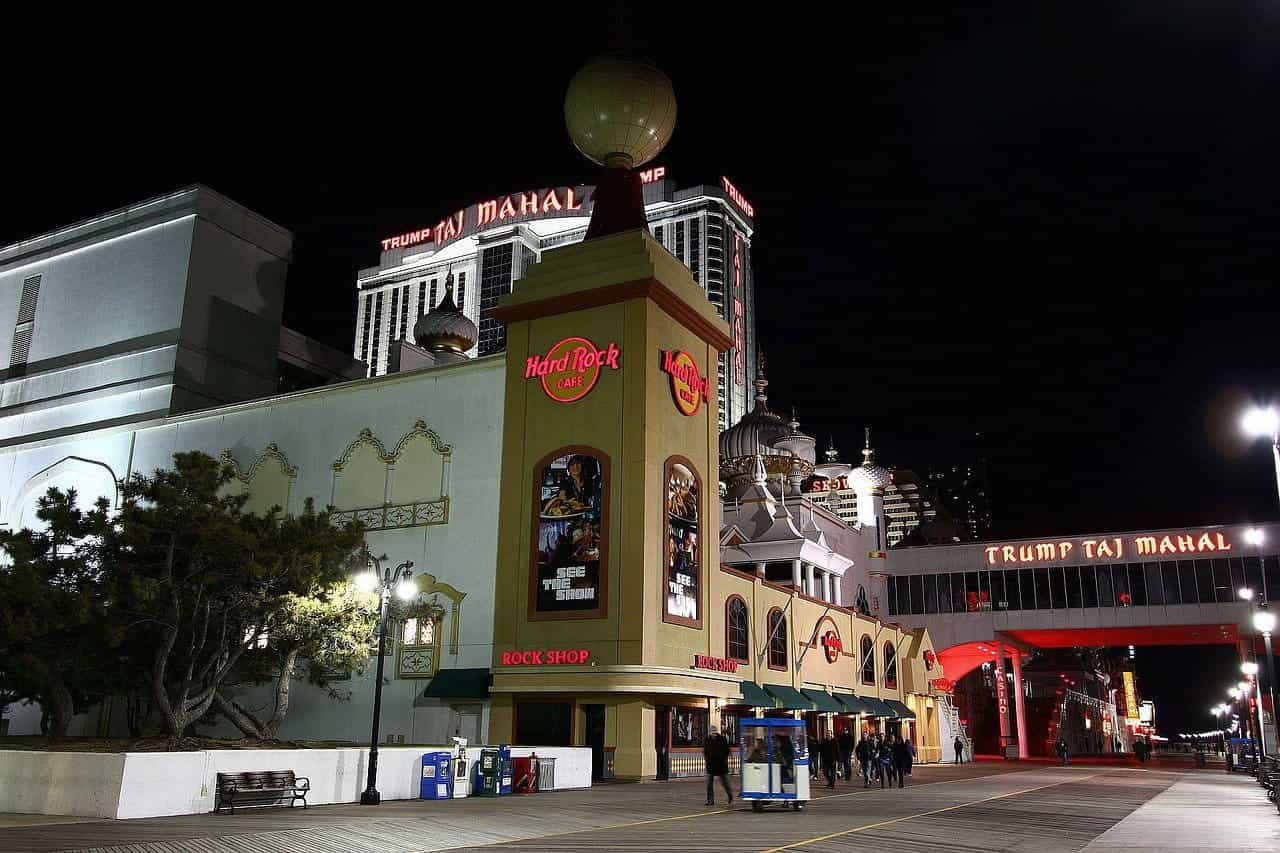Gaming Revenue Surges In Atlantic City
Atlantic City’s casinos have collectively reported a $3.3 billion taking in 2019, proving the local industry is recovering from its mid-decade economic slump. The surge in the takings has been attributed to the legalization of sports and internet betting in New Jersey in 2018, with 2019 being the first full year of legal wagering.

Atlantic City’s gaming industry is proving to be revitalized, with casinos across the city collectively reporting revenues of $3.3 billion. ©PublicDomainPictures/Pixabay
Atlantic City’s casinos have collectively reported a $3.3 billion taking in 2019, proving the local industry is recovering from its mid-decade economic slump. The surge in the takings has been attributed to the legalization of sports and internet betting in New Jersey in 2018, with 2019 being the first full year of legal wagering.
The figures released by the New Jersey Division of Gaming Enforcement reveal that the revenues generated by the city’s nine casinos have increased by over 15% from 2018. This figure also excludes sports betting revenue generated at the city’s two racetracks, raising the total revenues to around $3.46 billion.
The news of an upswing will be welcomed by locals and industry insiders who have borne the brunt of a failing gambling sector for the better part of a decade. Last year’s figures mark the first year since 2012 since Atlantic City’s casinos have taken more than $3 billion from bettors.
The worst economic period was between 2014 to 2016, when five of the then-12 casinos were forced to shut down, with more than 11,000 jobs being lost. The economic impact of the failing industry can be seen as partial motivation for former New Jersey Governor Chris Christie’s leading the successful challenge against PASPA to overturn the federal ban on sports betting.
In the wake of the Supreme Court decision, Atlantic City has steadily regained its footing. In 2018, the former Trump Taj Mahal casino reopened as a Hard Rock, and the former Revel casino opened as the Ocean Casino Resort. At one point last year, it was even believed that New Jersey may overtake Las Vegas as the nation’s gambling mecca.
However, while the overall market has grown, the addition of the two new casinos has diluted the cumulative profitability of all the casinos to $484 million, which over the first three quarters of 2019 is down 4.5% from the same period in 2018. According to David Schwartz, a gambling historian with the University of Nevada Las Vegas, this is not necessarily a bad thing.
“The revenue increase is a positive. Right now the industry should be in ‘grow-the-market’ mode rather than seeking to consolidate profits, so a decrease in profits isn’t necessarily the worst news we could get. Overall, what Atlantic City needs right now is to improve its image and marketing and become a destination in a crowded Northeast casino market.”– David Schwartz, Gambling Historian, University of Nevada Las Vegas
There’s no telling where the industry will head over the next few years, but it is clear that the introduction of sports betting and internet gambling has bolstered the trajectory of the local market. In fact, both products now account for more than 18% of Atlantic City’s profits.
Internet gambling brought in $482 million from gamblers over the year, which was an increase of more than 61% over 2018. In 2019, New Jersey’s residents also spent roughly $4.6 billion on sports games wagering. The record month of the year was November, which saw $563 million bet on games, with the second-best month seeing nearly $558 million wagered in December.
The face of Atlantic City is also set to change in 2020, with more government spending expected to be put towards revitalizing the Boardwalk. Recently, the city’s mayor Marty Small delivered a speech detailing his administration’s plans to demolish the vacant Trump Plaza Hotel & Casino which sits at the base of the Atlantic City expressway on the Boardwalk.
The Demolition of Trump Plaza
Mayor Small’s plan to demolish the Trump Plaza complex was highlighted as one of his main goals for 2020. As the former building of President Donald Trump, the property has been owned by billionaire Carl Icahn since 2016, almost two years after it closed.
Demolition for the Trump Plaza has been scheduled for at least two years, though progress has been stalled by Icahn’s failure to procure a demolition permit. His delays have been tied to failed attempts to recoup his lost investment on the property by receiving state funding to help cover demolition costs.
Following Small’s announcement at the Metropolitan Business & Citizens Association’s annual winter luncheon at Caesars Atlantic City, he was met with rousing applause from the audience. “My administration’s goal is to tear Trump Plaza down,” he said. “That’s not accepted in any other city but Atlantic City. It’s an embarrassment, it’s a blight on our skyline, and that’s the biggest eyesore in town.”



